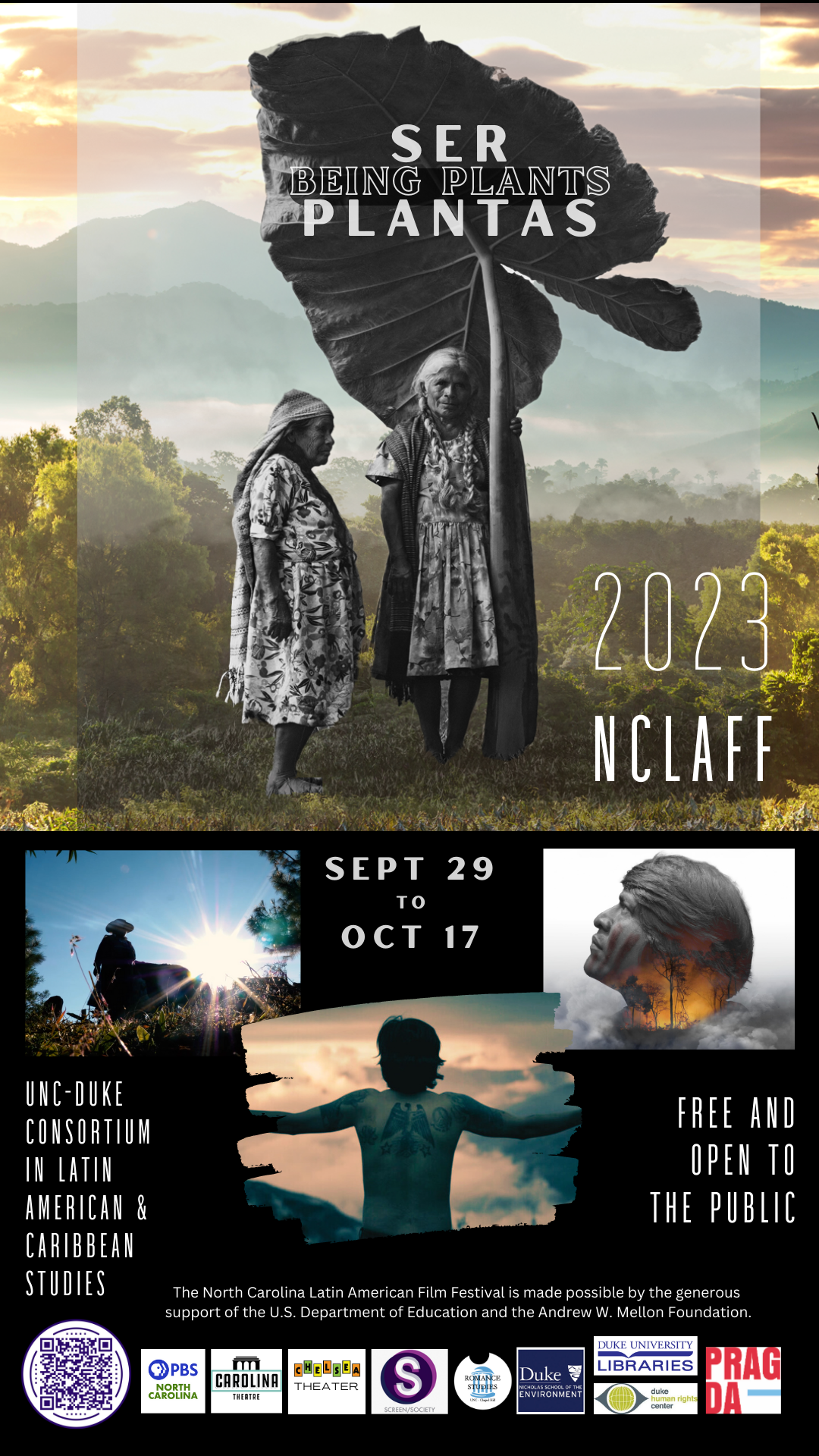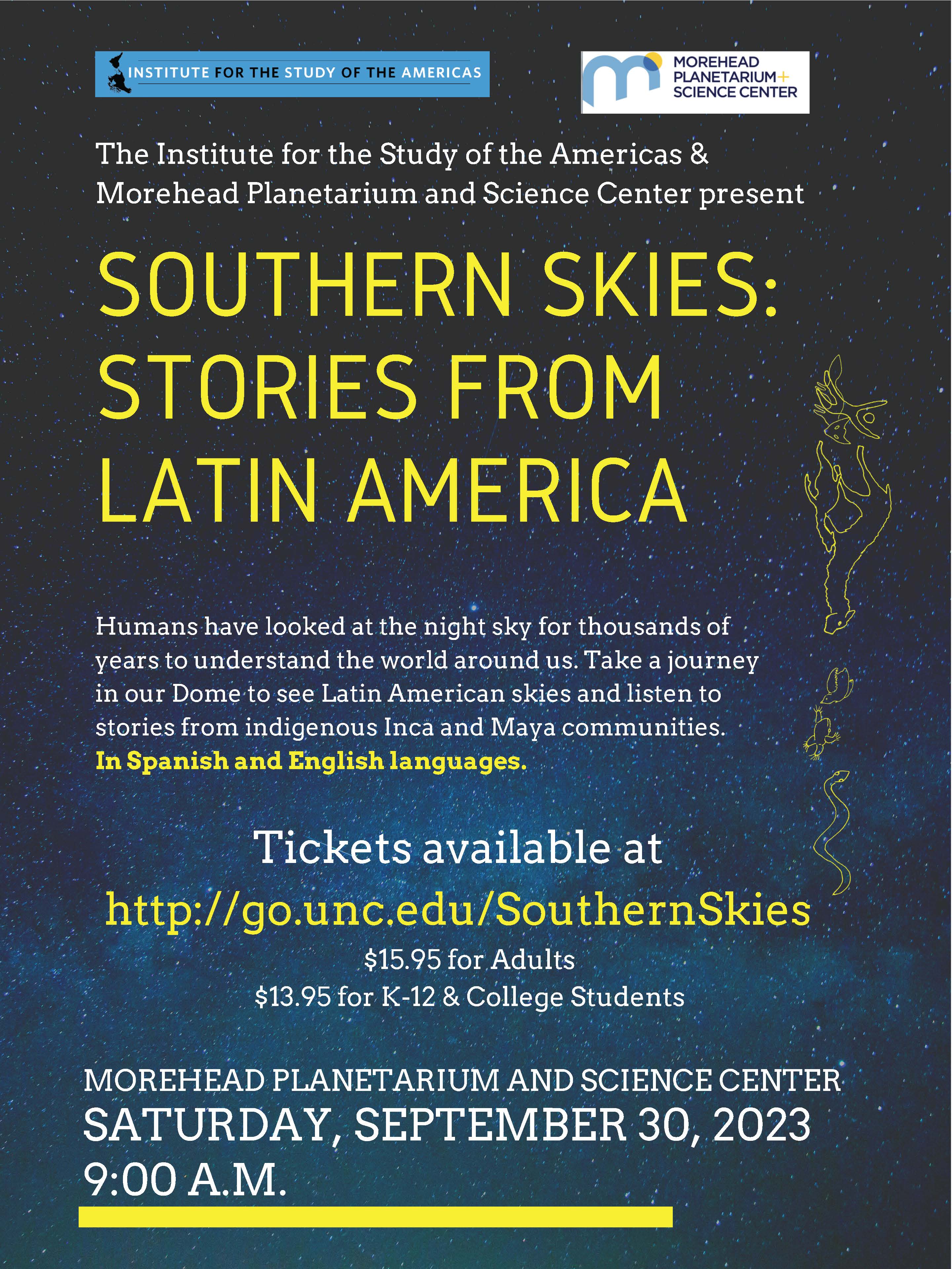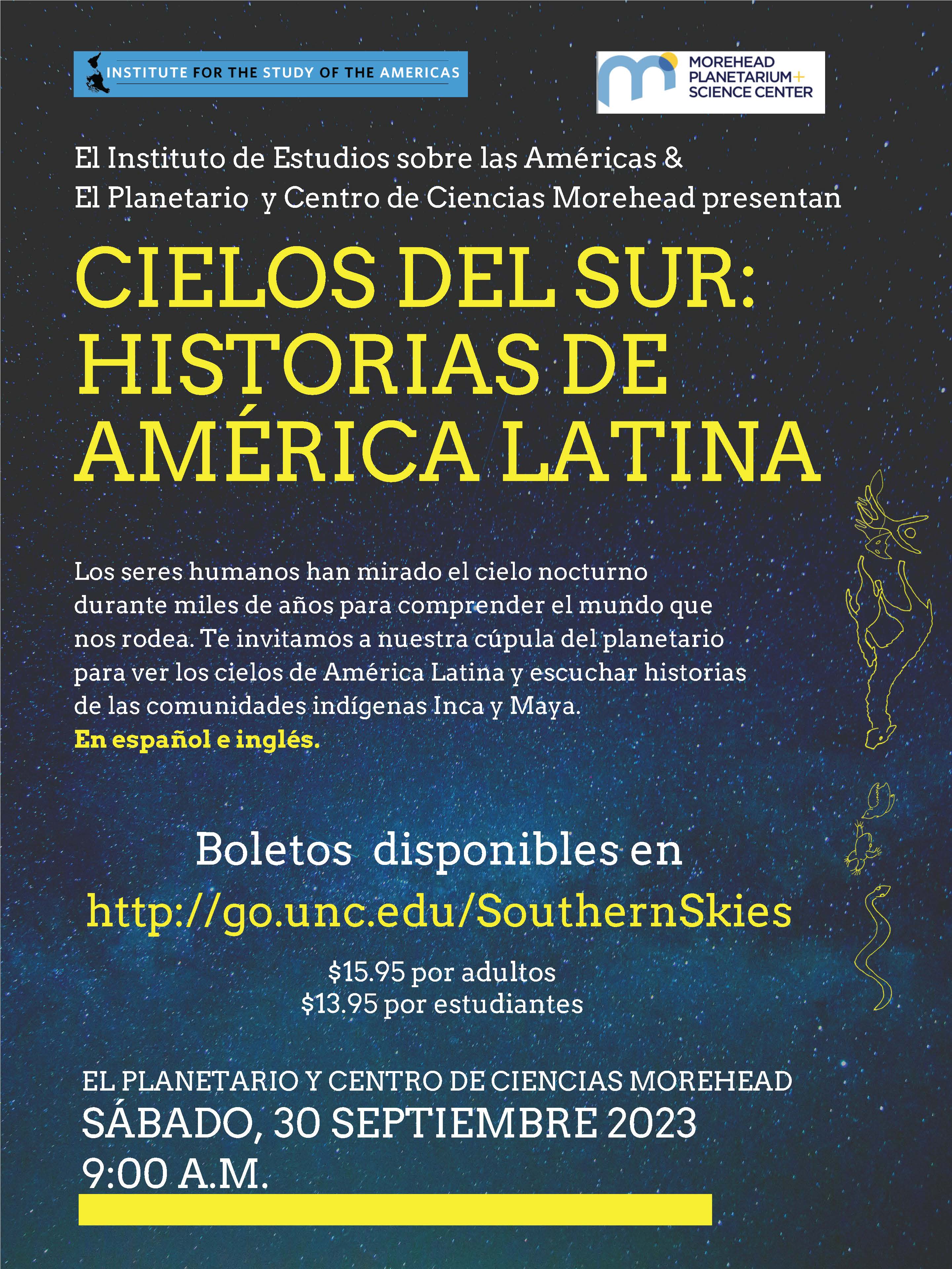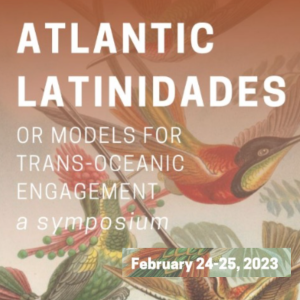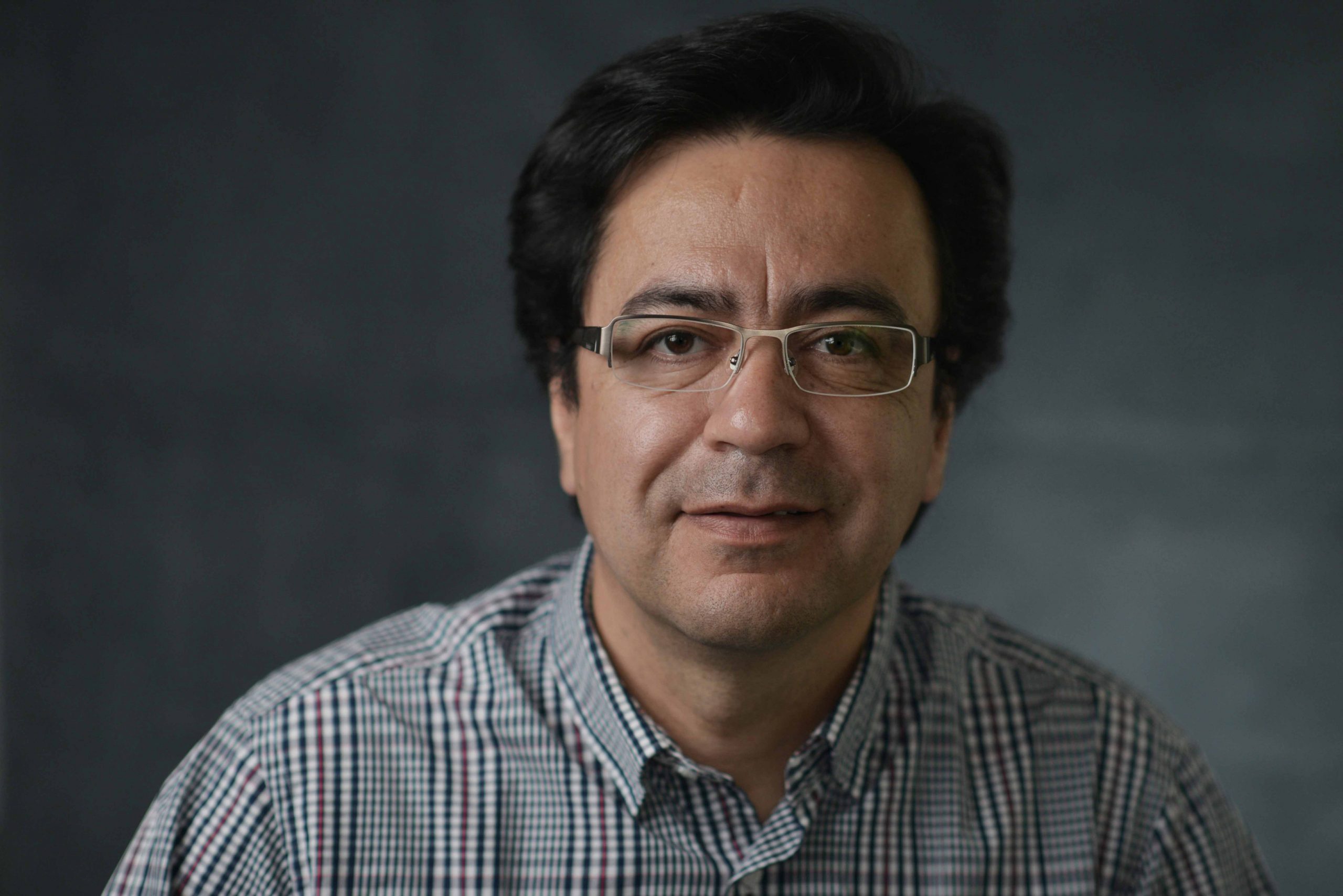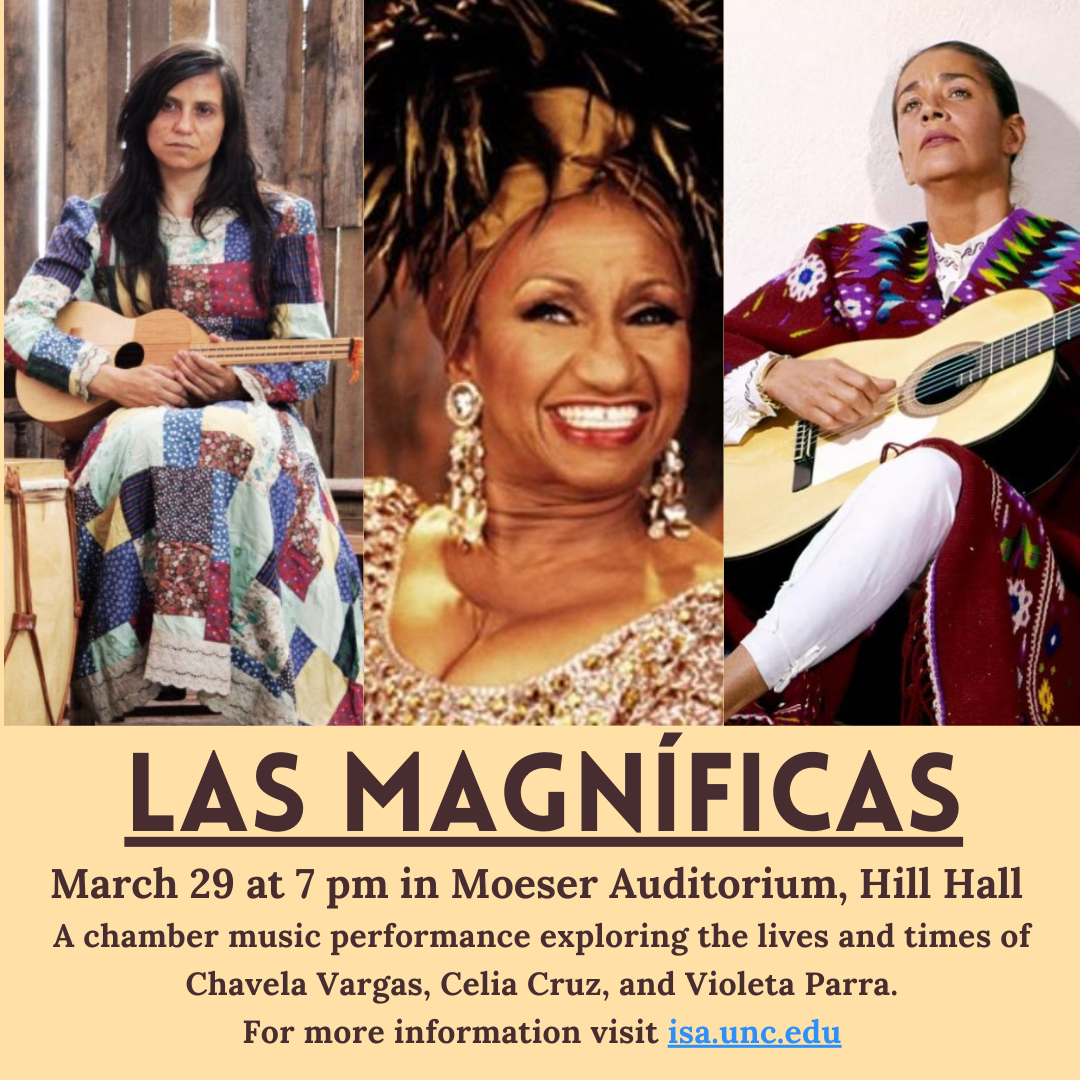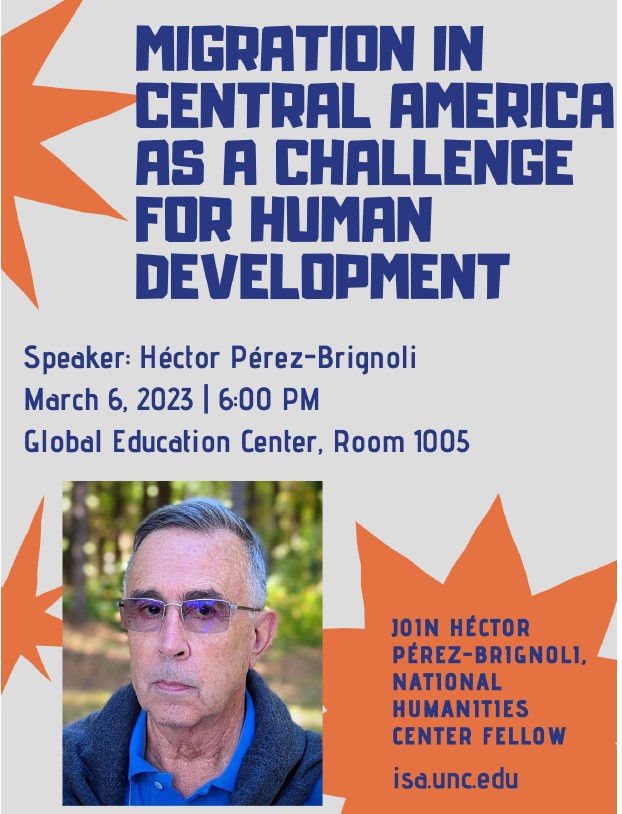NCLAFF 10/9
NCLAFF Film – El Olvido que seremos
Date: October 9, 2023
Time: 7:00PM
Address: Nelson Mandela Auditorium, Global Education Center
Dir. by Fernando Trueba. Spain/Colombia. 2022. 136 min. Spanish with English subtitles.
Based on the legendary book Oblivion: A Memoir by the Colombian writer Héctor Abad Faciolince, and directed by Academy Award® winning director Fernando Trueba (Belle Époque), the film is a memoir of the life of the prominent doctor and human rights activist, Héctor Abad Gómez (Javier Cámara), a father who is concerned about both his children and children from less-favored classes. After a devastating loss in the family, Héctor gives himself to the greater cause of public health programs for the poor in Medellín, to the consternation of the city’s authorities. The film straddles two eras: Faciolince’s adolescence in Medellín in the 1970s, and his young adulthood in the ’80s up until 1987 when his father was assassinated.
Memorias de mi Padre | El Olvido que seremos. Fernando Trueba. Spain/Colombia. 2022. 136 min. Español con subtítulos en inglés.
Basada en el legendario libro El olvido que seremos del escritor colombiano Héctor Abad Faciolince, y dirigida por el director ganador del Oscar Fernando Trueba (Belle Époque), la película cuenta la vida del destacado médico y activista de derechos humanos Héctor Abad Gómez. (Javier Cámara), un padre preocupado tanto por sus hijos como por los de clases menos favorecidas. Después de una devastadora pérdida en la familia, Héctor se entrega a la causa mayor de los programas de salud pública para los pobres en Medellín ante la consternación de las autoridades de la ciudad. La película abarca dos épocas: la adolescencia de Faciolince en Medellín en la década de 1970 y su juventud en la década de 1980 hasta 1987, cuando su padre fue asesinado.
